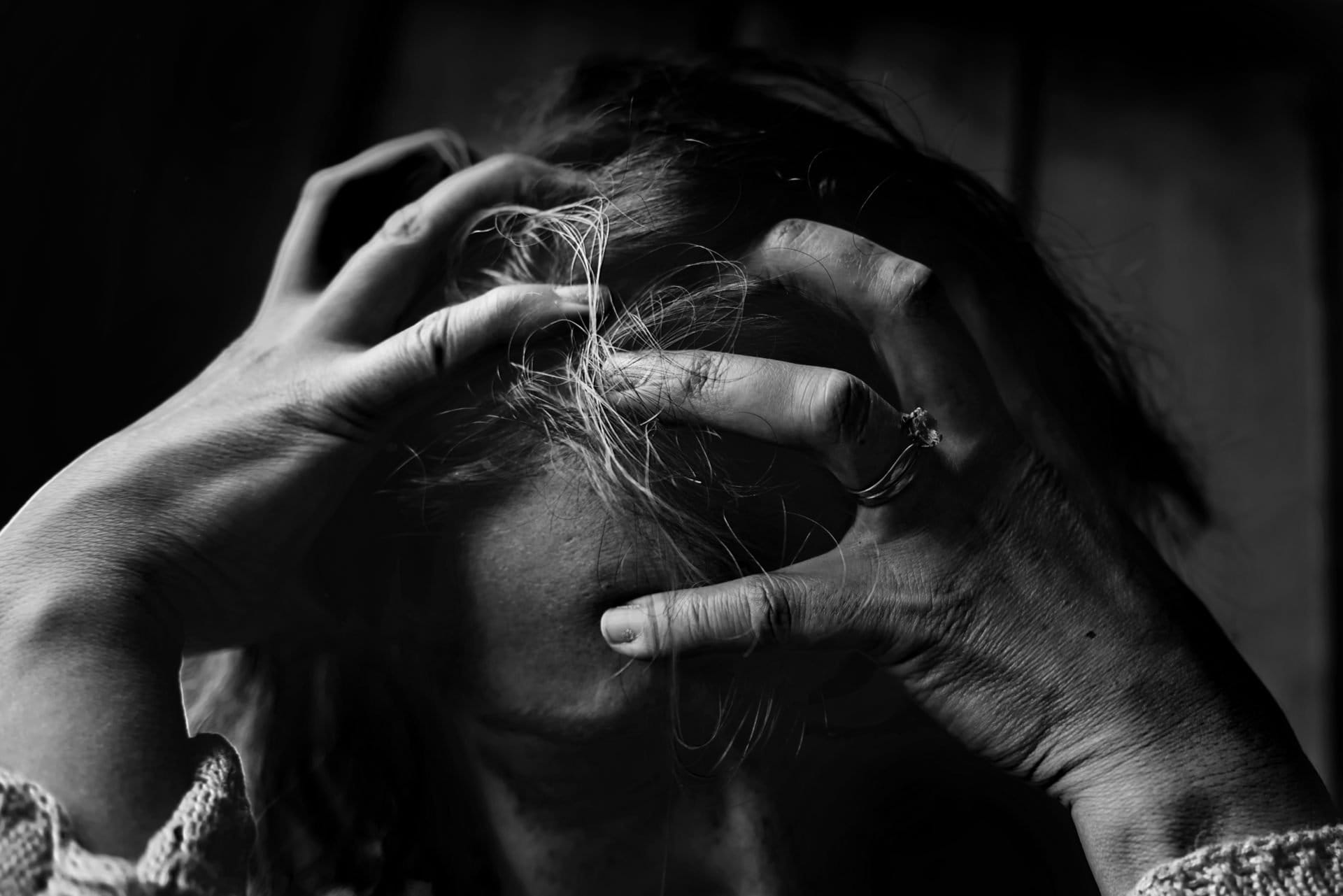

By: Lakeview Health
What is Cocaine Addiction?
Long-term chronic use of cocaine may also include risks such as heart attack and neurological disruptions that cause strokes, seizures and coma.
Cocaine addiction has become widespread in our society. In treatment centers, many cocaine addicts go undiagnosed with ADHD or bipolar disorder because their cocaine addiction has been masking their mental health disorder. Cocaine is a highly addictive drug that can cause acute devastation when used in any form. Cocaine and its more concentrated form, “crack”, works by interfering with the absorption of the brain’s naturally occurring neurotransmitters and producing intense euphoria. Both forms are short-acting stimulants that are typically inhaled, ingested or injected. Research estimates that one in six Americans tries cocaine by the age of thirty and seven percent of high school students try cocaine by their senior year. Cocaine addiction develops rapidly and withdrawal is often uncomfortable.
Cocaine Withdrawal Symptoms
Cocaine addiction causes the user to neglect responsibilities, relationships issues, experience increased financial difficulty, act unpredictably and behave compulsively. Once dependent, an addict may become desperate to find money to buy more drugs through prostitution, stealing or pawning items. Withdrawal from cocaine will present the same symptoms with different levels of intensity based upon frequency, quantity and duration of use.
| Physical Withdrawal Symptoms | Psychological Withdrawal Symptoms |
|
|
Long-term chronic use of cocaine may also include risks such as heart attack, gastrointestinal distress and neurological disruptions that cause strokes, seizures and coma.
Cocaine Detox
Treatment for cocaine addiction starts at a crack cocaine detox center. Although physical cocaine withdrawal is short, psychological withdrawal can last much longer and can be intense. During the withdrawal period, it is crucial to be in a supportive environment that is supervised 24/7.
Cocaine Addiction Treatment
A drug detox program will help stabilize cocaine addicts, both physically and psychologically, while they prepare for residential treatment. Cocaine addicts are susceptible to depression during this period of time while the brain readjusts to naturally making chemicals. Residential treatment for cocaine addiction will allow the addict to live in a safe environment, decreasing the chances of relapse right after detox.





